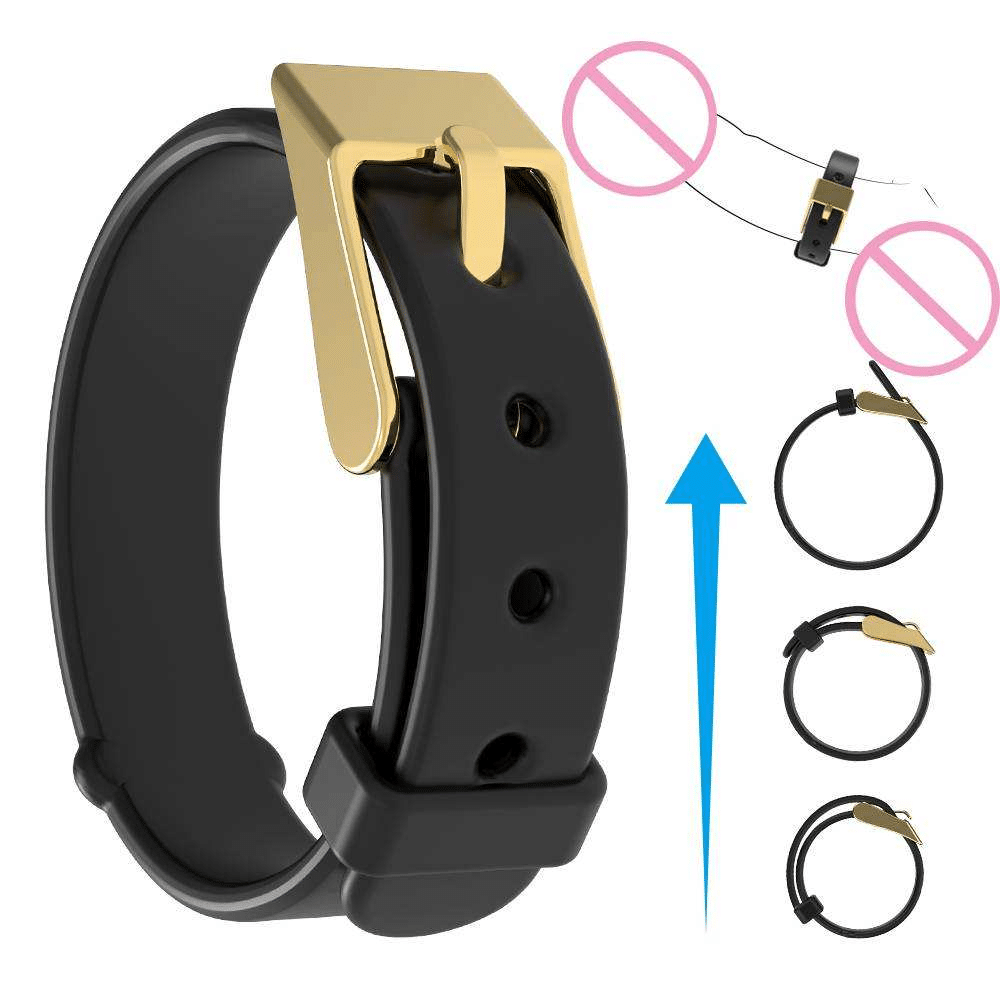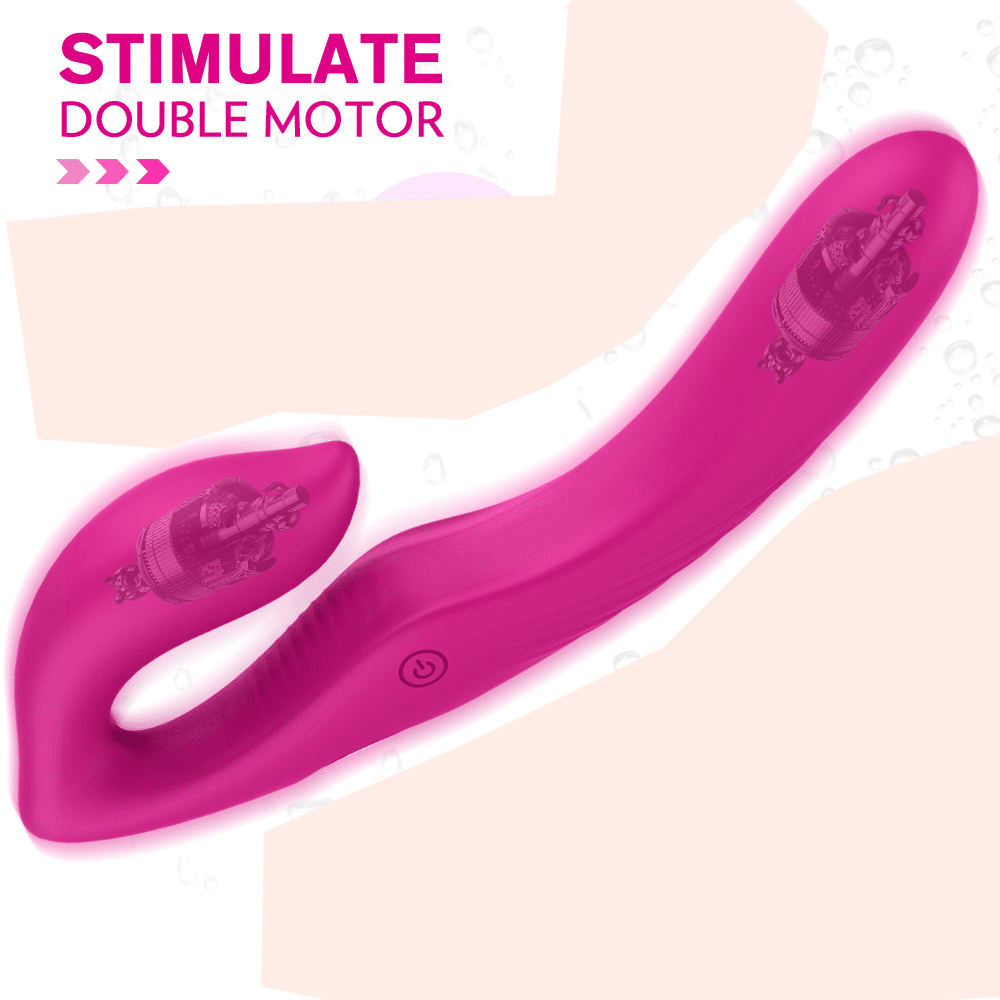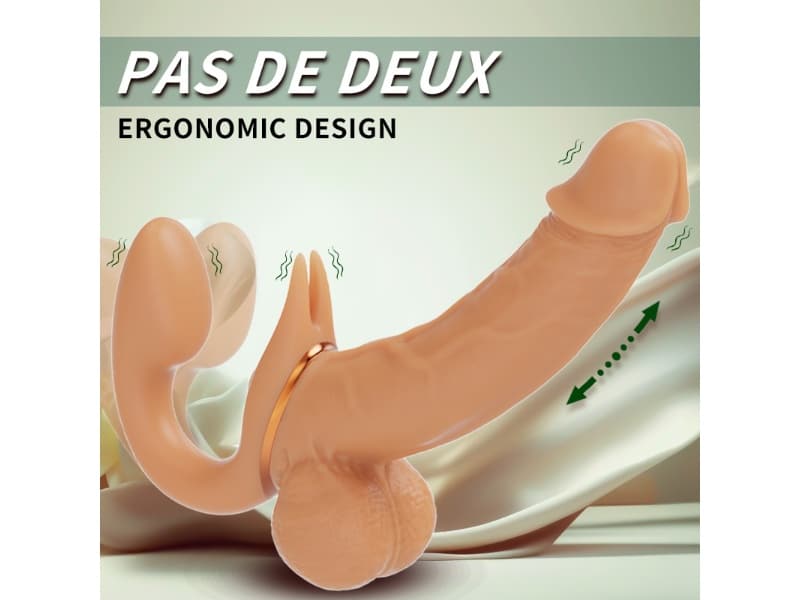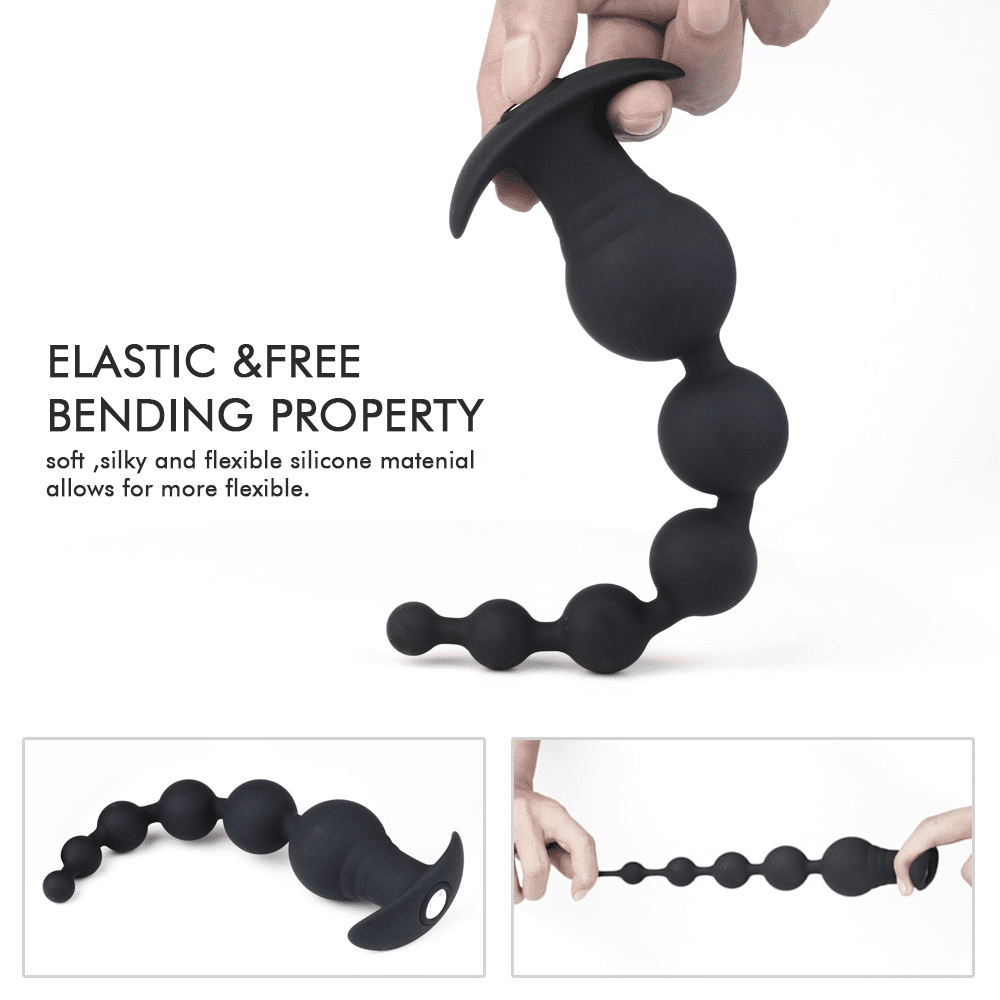Table of Contents
Toggle
In my daily work, I often find that many of our B2B clients—especially those who prioritize the professionalism and service attitude of their partners—frequently worry that communicating with manufacturers is “laborious” and “superficial.”
They fear we won’t understand their needs or be able to help solve their problems.
Let me tell you this: At Luxora, the very first lesson in new employee training isn’t about product specifications or sales techniques.
It’s about a more fundamental skill—Empathy.
Because we believe that only by truly seeing things from your perspective can we deliver “Sensory Art” that resonates.
This article explores our internal culture. For a broader look at our partnership philosophy, read our Ultimate Guide to Building a Brand on Trust & Culture.
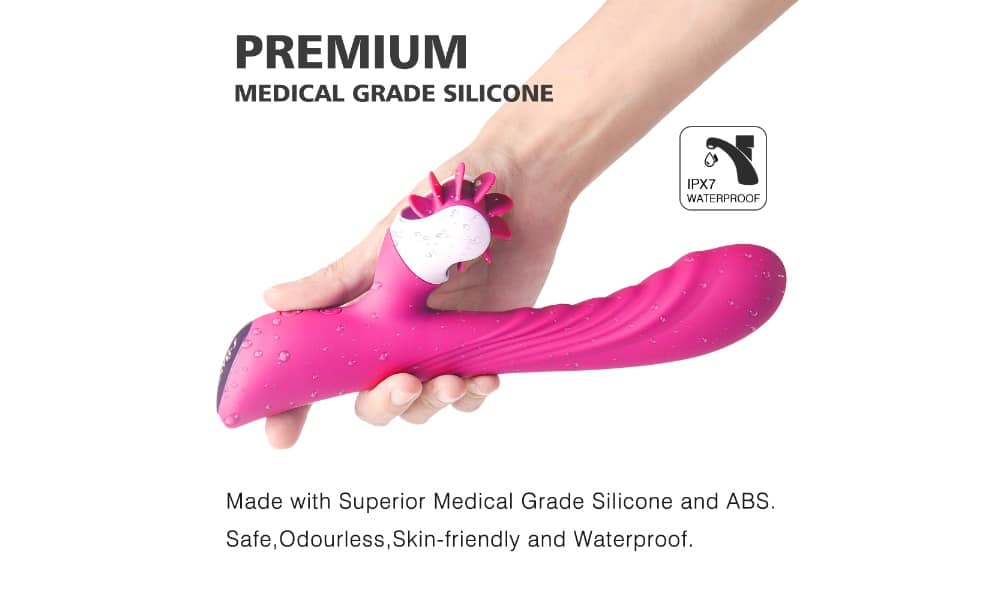
What is “Empathy” Training?
Our approach isn’t about abstract theories; it’s a hands-on program designed to build genuine understanding.
We focus on three core pillars that move an employee from simply knowing about a client to truly advocating for them.
Pillar 1: Immersive Role-Playing
New employees don’t just hear about client challenges—they live them.
Through intensive role-playing, they step into the shoes of:
-
“An anxious brand founder” facing a tight launch.
-
“A demanding product manager” juggling stakeholder expectations.
-
“A new retail owner” navigating their first big order.
This creates a visceral understanding of the pressure and uncertainty you face daily.
👉 Related: How we help founders navigate the startup journey
Pillar 2: Deep User Story Immersion
To understand a product’s value, you must understand its impact.
Our team is required to study extensive client feedback and end-user stories.
They learn not just what our products do, but why it matters to the person whose success depends on it. This pillar connects their daily work to a tangible, human outcome.
Pillar 3: Strategic Self-Management
Sustainable empathy requires resilience. We train our team to manage their “empathy battery,” recognizing that you can’t pour from an empty cup.
This includes learning to set healthy boundaries and manage emotionally charged situations without burning out, ensuring they can bring genuine, consistent concern to every interaction.
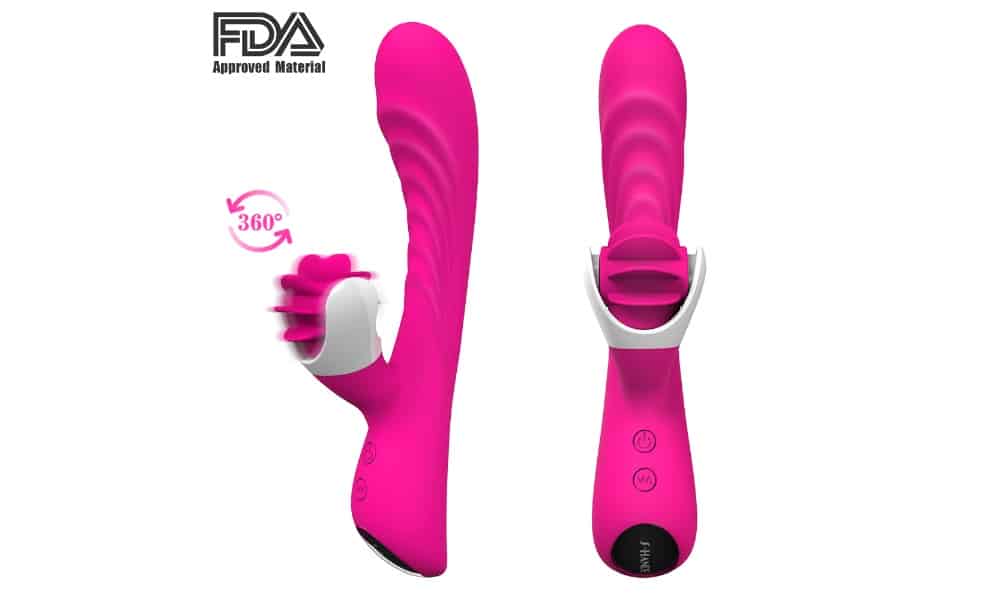
How Does “Empathy” Change Our Service?
Embedding empathy into our operations fundamentally changes the client experience.
It’s the difference between a supplier who fulfills orders and a partner who accelerates your success.
This shift transforms every touchpoint, moving from a transactional model to a relational one.
Service Transformation: Before and After Empathy
| Aspect | Traditional B2B Approach | Luxora’s Empathy-Driven Approach |
| Response Style | Passive Response. Waits for you to ask a question and provides a direct, narrow answer. | Proactive Suggestions. Listens to your underlying needs and offers strategic ideas you may not have considered. |
| Communication | Official Jargon. Uses technical terms and corporate language that can create distance. | Humanized Communication. Speaks clearly and sincerely, acknowledging the real pressures behind business decisions. |
| Core Goal | “Completing the Task.” Focuses on shipping the order and closing the ticket. | “Solving the Problem.” Focuses on ensuring you can successfully use and sell the product after delivery. |
This isn’t just a change in language; it’s a change in mission.
When a client mentions a tight deadline, our team doesn’t just confirm a shipping date.
They proactively suggest packaging tweaks to speed up your receiving process, because our goal is your success.
Partnering with a Team That “Gets” You
The ultimate benefit of an empathy-driven partnership is the seamless efficiency and confidence that comes from working with a team that is truly on your side.
Reduced Communication Friction
When your account manager already understands your brand’s seasonal pressures, risk tolerance, and internal dynamics, conversations become incredibly efficient.
You spend less time explaining context and more time solving problems.
An Enhanced Collaborative Experience
Beyond efficiency, you gain a sense of relief.
Instead of managing another vendor, you feel supported by a strategic partner who anticipates your needs.
Believe me, I’ve learned the hard way that a partner who doesn’t grasp the pressure of a looming deadline can turn a project into a nightmare.
Working with a team that “gets it” fosters the trust needed for creative problem-solving and innovation.
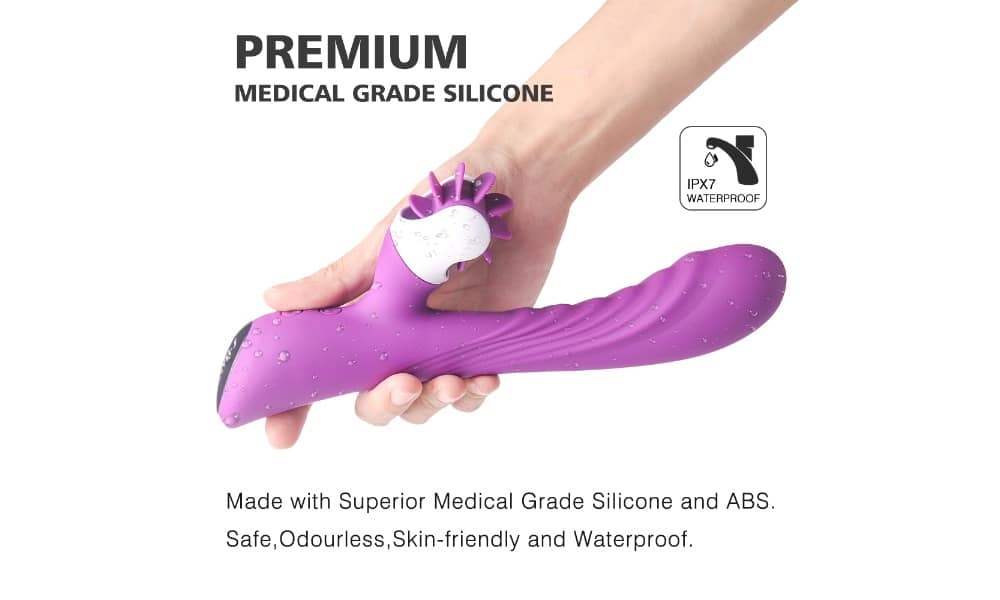
Conclusion: Empathy is the New Business Imperative
Ultimately, the most successful B2B partnerships aren’t built on specifications or pricing, but on the human understanding that makes clients feel seen, heard, and valued.
Prioritizing empathy is not a “soft skill”—it is a core business strategy.
As studies from firms like McKinsey (B2B Customer Experience) show, B2B buyers increasingly expect personalized, empathetic experiences.
We empower our clients by investing in our people first, ensuring that every interaction is guided by a genuine desire to take that extra step and support your success.
Ready to work with a team that cares? Talk to a LUXORA expert today.
Frequently Asked Questions (FAQ)
Q1: Can “empathy” be quantitatively assessed?
A1: While empathy isn’t measured with a simple number, we assess its impact through key performance indicators like customer satisfaction scores, client retention rates, and the quality of solutions provided in performance reviews.
We focus on the tangible outcomes of an empathy-driven approach.
Q2: Do Luxora’s senior employees need to be retrained in empathy?
A2: Empathy is a core part of our culture of continuous improvement.
Senior employees participate in ongoing workshops and act as mentors, sharing their experiences to reinforce and deepen our company-wide commitment to understanding and serving our clients’ needs.
Q3: If the employee I’m in contact with provides poor service, what are the feedback channels?
A3: We take feedback very seriously.
You can directly contact your account manager’s supervisor or use the dedicated “Feedback” form on our website.
We guarantee a response from our management team within 24 hours to address your concerns.


